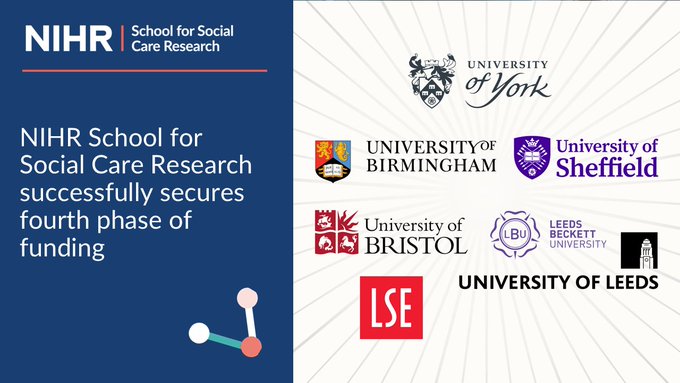)
Impact of austerity
Over 40% of people with intellectual disabilities interviewed lost care and support as a result of cuts to social care funding, study finds
Those who had lost care were engaged in fewer activities and experienced poorer self-esteem and quality of life than those who had not lost care, research shows.
The study, led by Professor Rachel Forrester-Jones and colleagues at the Tizard Centre, University of Kent, explored the impact of austerity measures introduced since 2008 on the lives of people with intellectual disabilities, and suggested that the funding available to them is increasingly poorly aligned to their care needs.
Changes in care
Mapping the experiences of cuts to services for 150 people with intellectual disabilities the research team found:
- 42% reported they had lost care
- 14% reported that their care had changed – but not reduced
- 36% reported their care had stayed the same
- 7% said their care had improved.
Impact of losing care/support
The research found that those who had lost care were engaging in significantly fewer activities. These individuals scored lower on the Quality of Life index, which measures individual wellbeing, and had significantly lower self-esteem. Three quarters (74.8%) of the sample also scored highly for having ‘clinically significant’ anxiety.
Overall those who had lost care reported a reduction in daily activities – experienced particularly when day centres closed. They also reported an increased likelihood of feeling lonely or bored as well as a general loss of aspirations for their future.
Having studied the experiences of individuals from across England, the researchers found that there was no significant difference between regions.
Costs of care
The study found that the mean total costs for service provision was nearly £30,000 per year (ranging from £5,000 to over £200,000): 24-hour staffed residential homes were the most expensive (mean=£73,000 a year); living with one’s family was the cheapest (mean=£8,269), although support from family members may be unrecorded.
Support for people with intellectual disabilities
Professor Forrester-Jones said: “The Care Act 2014 enshrines support to help people with complex needs, including those with intellectual disabilities. But our research highlights the clear and very significant challenges that stand in their way in terms of reduced access to services and support as a direct result of austerity.
“Cuts to services right across the country have had a significant negative impact on the lives of many people interviewed, which has long-term consequences for individuals, their families and their futures.
“Improvements in social care support are needed. But we are starting from after 10 years of reductions in local services, with additional challenges from the impact of COVID-19 which would need to be addressed to support local authorities to fulfil their legal duties under the Care Act 2014. This will take vast amounts of resources and our study has shown that the scale of the challenge cannot be under-estimated.”
Professor Glynis Murphy from University of Kent’s Tizard Centre added: “Removing even small amounts of support can make the most enormous difference to people’s quality of life. It is important to recognise how austerity has affected the most vulnerable in our communities.”
Full summary findings
NIHR SSCR (2020) Becoming Less Eligible? Intellectual Disability Services in the Age of Austerity, Research Findings 100, NIHR School for Social Care Research, London.
Further information
This study was funded by the NIHR School for Social Care Research and led by Professor Rachel Forrester-Jones at the University of Kent (now University of Bath).
The findings were completed before COVID-19 and have been published to support NIHR SSCR’s requirement that findings from all completed studies are made publicly available.
















